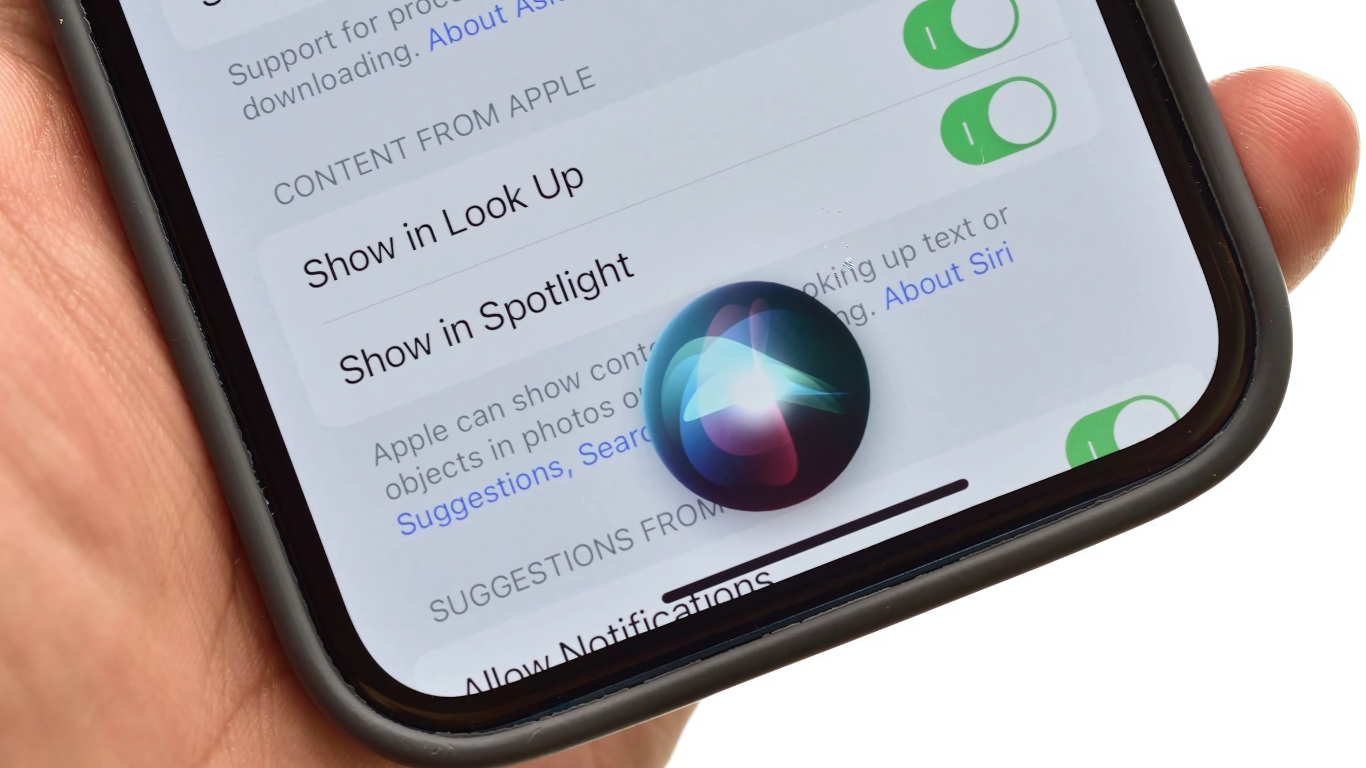The stock market is replete with many financial terms and concepts and hence has become essential to understand for investors. One of those includes the borrow fee that can make a big difference for traders, particularly those engaged in short selling. (SIRI). As an entertainment stock that has been very popularly traded, many short sellers have a need to understand this fee. What is a borrow fee on SIRI, and how does it work for SIRI? How does it affect investors and traders?
Now, before I talk about specifics of SIRI’s borrow fee, it’s first in order to define what a borrow fee generally is. A borrow fee is a fee you incur when you are borrowing the shares to make a short sale. You’re essentially borrowing shares from some other investor for purposes of selling them into the market and then hoping you can buy ’em back at a lower price to return to the lender in order to meet your obligations to return them. The difference between the selling price and the repurchase price is your profit-or loss.
However, borrowing shares is not a free meal. A broker will usually charge a borrow fee to the short-seller. The fee is stated as an annual percentage rate applied to the value of shares borrowed. Once again, this rate varies with a variety of factors that include demand for the stock, availability of shares to borrow, and generally prevailing market conditions.
General Bottom Line: Stocks that have a high demand for shorting but where availability to borrow is limited will attract higher borrow fees. Those, on the other hand, that have ample availability and low interest in short-selling will have lower borrow fees.
How does borrow fee work?
Let’s break down how the borrow fee works in practical terms. Now, if you decide to short a stock like SIRI, you will borrow shares from a lender that is usually another investor, facilitated by your broker. For as long as you hold onto the borrowed shares, you are required to pay a borrow fee. The fee is calculated on a daily basis but quoted as an annual percentage rate (APR).
This is very easy.
Suppose the cost of borrow for SIRI is 5% pa.
You shorted 1000 shares of SIRI at price $5 per share and you have just borrowed $5,000 worth of shares.
Your daily cost of borrowing will be: (((5% / 365 days) x $5,000 or about $0.68 per day.
If you are holding the short position for 30 days, then the borrow fee you would pay off is 30 x $0.68 = $20.40.
It might not seem a big deal for small trades, but for huge positions or large stocks with borrowed fees, it runs into thousands before one can fathom it and become a nosedive into your profit-making Borrow Fee on SIRI:
Factors to Watch Out for
The borrow fee of Sirius XM Holdings Inc. (SIRI) varies and depends on different percentages such as those regarding short interest, availability of shares, and even dynamics in the market. Knowing all these factors helps to make an easy judgment call as to whether shorting SIRI would indeed prove to be an excellent strategy in terms of the cost to bear.
1. Short Interest of SIRI
When short interest in SIRI is high, that usually indicates that the bearish sentiment about the stock must be very strong and many investors seem to expect its falling prices. Higher demand to short SIRI, however generally implies a higher borrow fee; there is always a lesser number of shares being available to borrow.
2. Availability of SIRI Shares to Borrow
Availability of shares to borrow is the other key variable that will determine the borrow fee on SIRI. High availability of shares to lend means very low borrow fees since it would become easier for brokers to find shares to lend the short sellers. Conversely, when the SIRI shares are scarce, the borrow fee will go through the roof.
3. Influence of Market Sentiment and News
Another variable is that market sentiment and news about Sirius XM Holdings Inc. can make a borrow fee. Good news – for example, great financial reports, new partnerships, or innovation – can decline short interest when the borrow fee declines. Bad news-affecting SIRI negative or broader industry sentiment that continues to weigh on the stock-will increase short interest and push the borrow fee up.
What does this mean for traders?
Another important factor to consider when a trader decides to short SIRI is the borrow fee attached. Here are some key considerations for traders: Impact on profitability:
If the cost of the borrow fee becomes too high, this could potentially consume or nullify the advantages of the short sale transaction.
2. Time-Dependent Nature of Borrow Fees
Borrow fees do not make constant values but fluctuate with supply and demand.
3. Alternatives to Short Selling
If the borrow fee on SIRI is too high, then it is less attractive to short the stock. Put options, for instance, will allow profit from the drop of SIRI’s stock price without the requirement of borrowing shares.
Conclusion
So, it does change over time. Of course, alternatives such as put options will appear more cost-efficient when gaining from a fall in the stock price. Success in short-selling therefore depends upon careful planning and risk management, coupled with knowledge of all costs involved.







